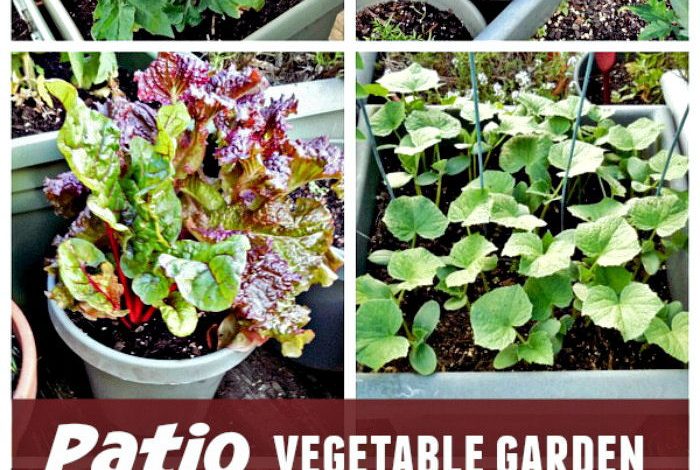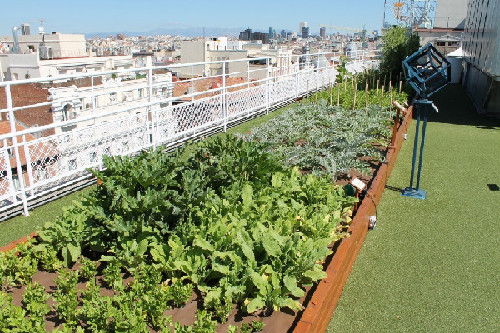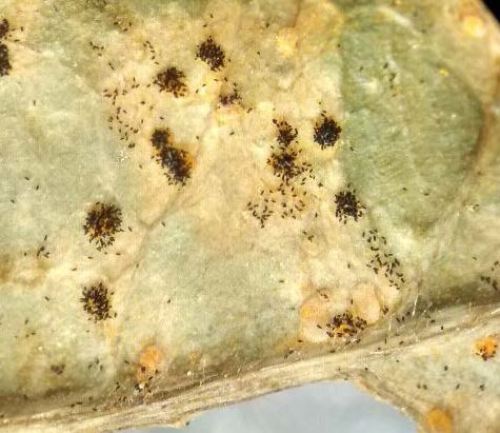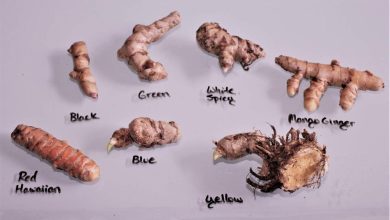12 Tips on Caring for Vegetables in Outdoor Gardens

We present several tips for the care of vegetables. Most vegetables and vegetables grown in outdoor gardens are prone to pests and diseases. If you want to have your own vegetable garden, read the information and advice that we are going to list below. Some of the most common pests that afflict outdoor vegetables are reflected in this article, also giving a possible solution for each of them.

vegetable care
cucurbits
Cucurbits are plants from hot and dry areas that contain a good amount of water and whose fruits are large (cucumbers, courgettes, etc.). Its main pest is the red spider in addition to slugs, snails, etc. and its disease basal rot. Remove debris where it hides and spray with a contact insecticide.
Celery
Celery is a plant belonging to the Apiaceae family, encompassing more than 250 genera (celery, parsley, etc.). Its main pest is the celery fly, slugs, snails, etc. and his disease the bacteriosis, celery pox. Check the undersides of the leaves for larvae and remove them. You can also with a contact insecticide.
Brassica or cruciferous
It belongs to the genus Brassicaceae (Garden Cabbage, Ornamental Cabbage, Ornamental Cabbage, etc.). Its main pest is the cabbage fly, cruciferous fleas, etc. and its disease cabbage hernia, downy mildew, leaf spot. Spray with insecticide as soon as you notice any of these problems.
Beetroot
Beetroot is a plant of the Amaranthaceae family. It is native to southern Europe and is also called Beta vulgaris. Its main pest is the broad bean aphid, aphids, chard fly, etc. and its disease floral scape, heart disease, forked roots. Spray with insecticide, use insecticide-treated seeds, and remove and burn debris.
Carrots and parsnips
Carrots are edible roots of the sativus subspecies and are popularly called carrots. Its main pest is the carrot fly, hepialids. And its diseases are black rot, sclerotinia rot, parsnip blight, bad wine. Hoe plants in spring and burn debris in winter. Spray with a contact insecticide when attack is noticed.

lettuce
The botanical name of lettuce is Lactuca sativa, they belong to the Asteraceae family, it is one of the most famous and popular vegetables. Its main pest is aphids, cutworms, aphelencoids, root aphids, slugs, snails. His disease downy mildew, gray mold or botrytis, ringspot. Remove infected plants and spray with a contact insecticide.
Onions
It is a herbaceous plant that has a very large number of properties. It has a bulb formed of white and fleshy layers. Its main pest is the onion fly, bulb nematodes. His disease collar rot, rust, onion blight, white rot, white plant disease. Remove debris in winter and spray with systemic or non-systemic insecticide at the time of greatest activity.
Potatoes
The potato is a plant that belongs to the nightshade family. They are edible tubers that are in the first order of products for human consumption. Its main pest aphids, capsids, golden nematode, potato tuber moth, slugs, snails, wireworms. Its disease leafroll virus, mosaic virus, potato scab, potato wart, powdery scab. Dislodge and burn infected plants and do not grow attack-prone plants on the same plot for three years.
Tomatoes
The botanical name of the tomato is Solanum lycopersicum, belonging to the Solanaceae family and originally cultivated in America. Its main pest is nematodes, and the greenhouse whitefly . Its disease gray mold, tomato cladosporiosis, tomato rot, dry branch disease. Remove infected plants and spray with fungicide.

Spinach
Spinach is a vegetable from the Amaranthaceae family. Its main pest nematodes, slugs and snails. His disease downy mildew, leaf spot, yellowing. And as a cultivation problem, the floral scape. Remove all affected leaves and spray with a systemic insecticide.
Rust, one of the most common fungi
Rust is a form of fungus that forms rust-red or brown spots on plants, especially leaves and stems. Some rust fungi carry out their entire life cycle on a specific plant species.

What is a bacterial disease?
Bacterial disease is a plant disease caused by bacteria, which are single-celled microscopic organisms that develop between plant cells.
When should it be sprayed?
To choose a particular insecticide or fungicide to prevent or eliminate a problem, check that there is enough time between spraying and harvest to eliminate the effects of the chemical. This period will be indicated on the label of the product that we use for fumigation. In any case, we always recommend applying ecological and homemade methods before using any chemical product.
References
- Singhalage ID, Seneviratne G, Madawala HMSP, Wijepala PC (2018).Profitability of strawberry (Fragaria ananassa) production with biofilmed biofertilizer application. Scientia Horticulturae. 243, 411-413.
- D’Hooghe, P., Diaz, D., Brunel-Muguet, S., Davy, M., Vial, F., Dubois, J., Kauffmann, F. (2018).Spatial variation of root yield within cultivated carrot fields is strongly impacted by plant spacing. Scientia Horticulturae, 241, 29-40.
- Romanazzi, C., Feliziani, E. (2014).Chapter 4 – Botrytis cinerea (Gray Mold). Editor(s): Silvia Bautista-Baños, Postharvest Decay, Academic Press,131-146.
We hope you liked these tips for caring for vegetables.
Article created by Novainsectos

![Photo of Albizia Julibrissin: [Cultivation, Irrigation, Associations, Pests and Diseases]](https://www.complete-gardening.com/wp-content/uploads/2022/08/albizia-julibrissin-cultivation-irrigation-associations-pests-and-diseases-300x220.jpg)
![Photo of Agapanto: [Cultivation, Irrigation, Care, Pests and Diseases]](https://www.complete-gardening.com/wp-content/uploads/2022/08/agapanto-cultivation-irrigation-care-pests-and-diseases-390x220.jpg)
![Photo of Calendula: [Cultivation, Irrigation, Care, Pests and Diseases]](https://www.complete-gardening.com/wp-content/uploads/2022/08/calendula-cultivation-irrigation-care-pests-and-diseases-390x220.jpg)
